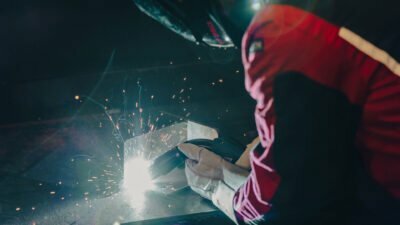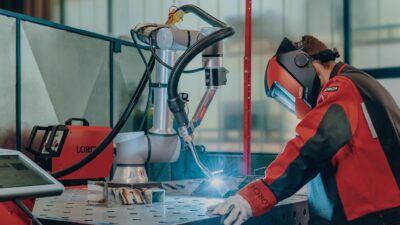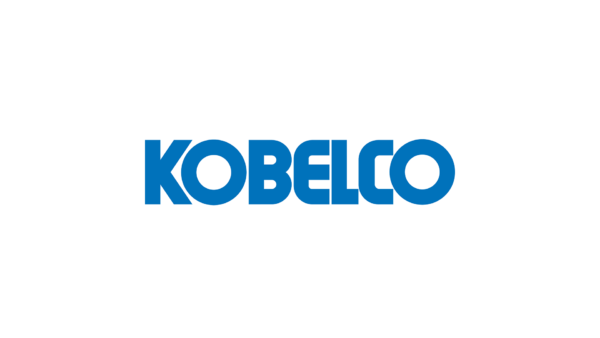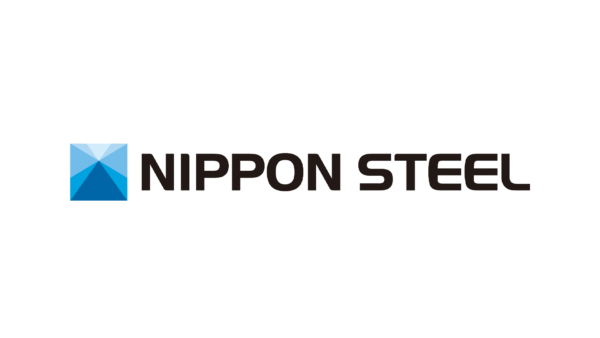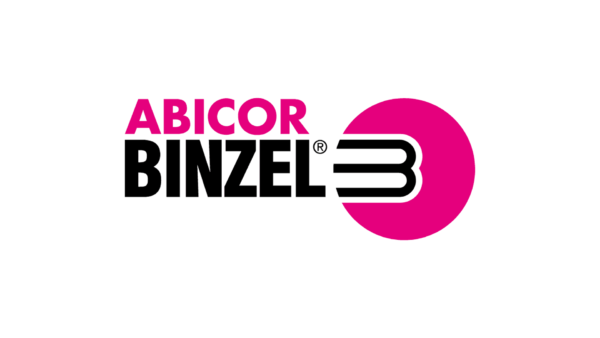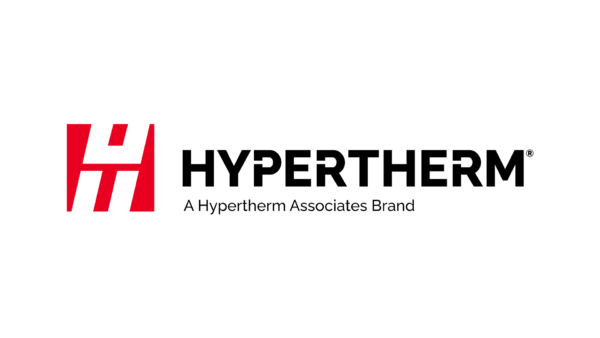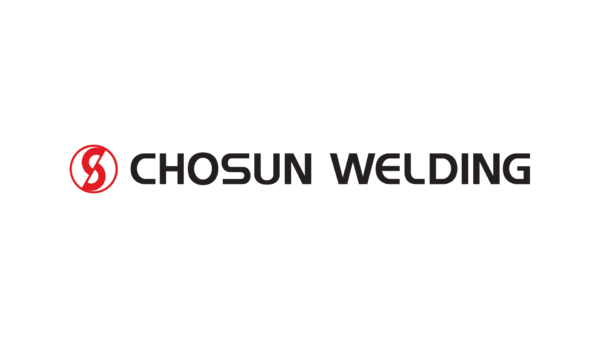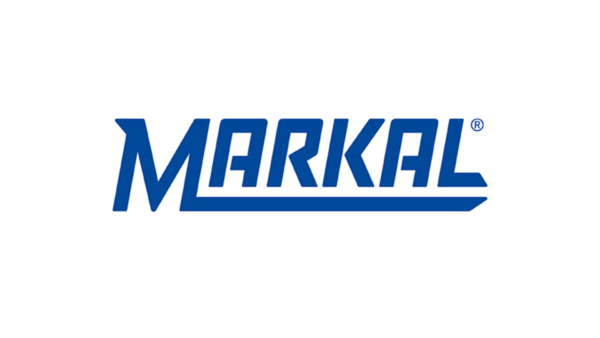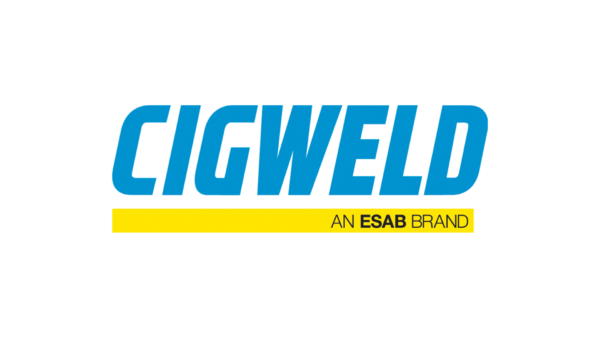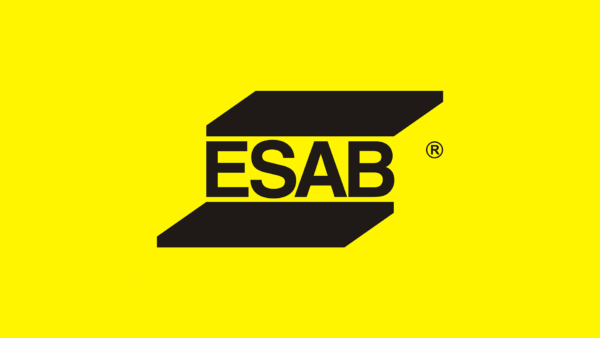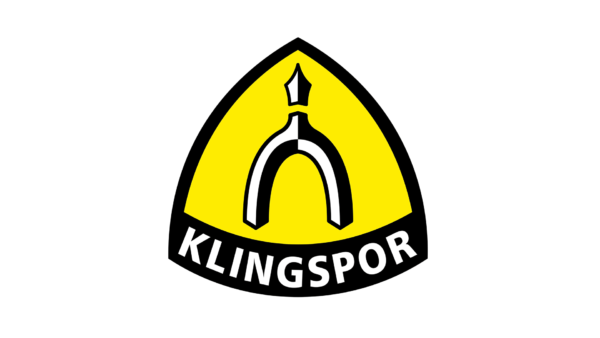Highly skilled welders can still experience weld flaws, particularly when getting used to new equipment, or under pressure to meet deadlines, however, more often than not the issue of weld defects boils down to a lack of skilled staff.
Weld Defects
Problems with weld integrity or quality can occur in the best of workshops and invariably lead to higher costs due to re-work and downtime. One typical defect we have seen examples of recently is incomplete fusion. Common causes of incomplete fusion include incorrect angle and/or positioning of the welding gun, incorrect weaving technique when filling a joint, travel speed too slow or too fast, inaccurate settings such as amperage too low, or contamination and/or insufficient cleaning of the base metal.
Most of these factors are under the control of the welder. There are others such as poor quality filler material or poor joint designs which contribute to incomplete fusion, but generally, as we all know, the rate of weld defects drops with good training and experience.
Lack of Skilled Staff
Highly skilled welders can still experience weld flaws, particularly when getting used to new equipment, or under pressure to meet deadlines, however, more often than not the issue of weld defects boils down to a lack of skilled staff. The increased demand for welders in NZ since 2010 has contributed to difficulty in finding and retaining enough skilled personnel for a number of companies, particularly in Auckland and Christchurch. Projections by NZ Ministry for Business, Innovation and Employment for welders and metal workers are that employment numbers are expected to continue to rise quickly until 2020 and at a quick, but slower, rate until 2025. Maintaining productivity, efficiency, and a good standard of welding work is likely to become even more of an issue in the future and it will pay for management to be proactive in seeking ways to mitigate this.
Quality Welds Made Easy
If you are MIG welding, it is well worth considering the use of a metal-cored wire rather than a solid wire or standard flux cored wire to reduce the risk of weld defects.
A high quality metal cored wire is more forgiving than a solid wire; it makes it easy for even apprentice welders to produce consistently good quality welds. When demonstrating our top Nippon or Kobelco metal cored wires, we will often invite the most inexperienced welder present to trial it for exactly this reason. Unlike solid wires in which the current travels through the entire wire, in metal-cored wires the current travels only through the metal sheath. This increases the current density, producing higher deposition rates speeding up the job. More importantly, it gives deeper penetration and better side-wall fusion than solid wires, so consistently better welds with less defects and need for re-work.
With metal cored wires, all of the wire is deposited as metal on the job with no wastage being produced as flux to be chipped off and minimal to nil clean up is needed. Although the initial cost of metal-cored wires is greater, the benefits of consistently better weld quality achieved at higher rates of productivity offset the difference in price and lead to both improved efficiency and cost-savings. It is not the right choice for every job but does have big advantages when it fits and will definitely help the unskilled welder produce quality welds.
Call Welding Engineers NZ on 09 634 1949 for a demo of top quality, cost effective metal cored wires.


